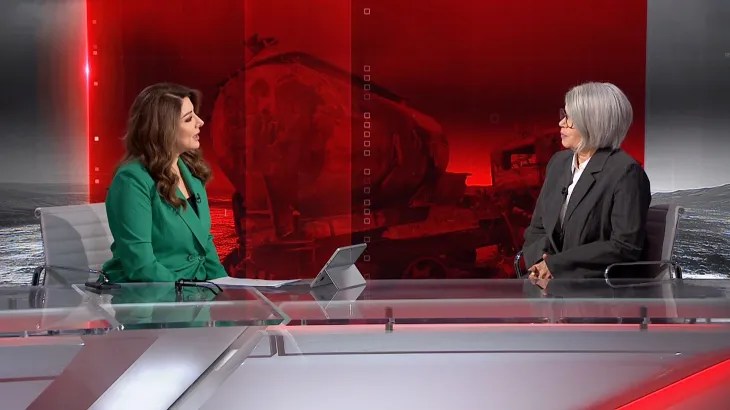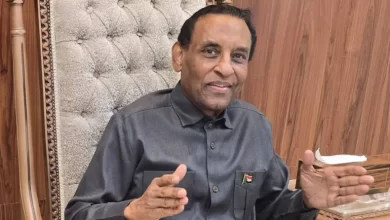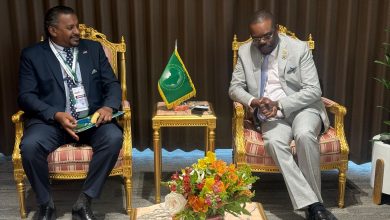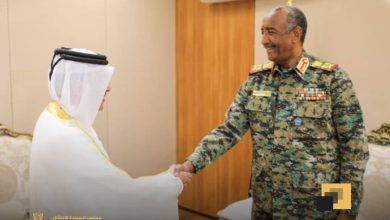
The European Union’s envoy to the Horn of Africa, Annette Weber, stated that the war in Sudan between the army and the Rapid Support Forces (RSF) has caused horrific devastation and that its continuation is unacceptable. She stressed that the only way out of the crisis is through direct negotiations between the two warring parties.
In an interview with Al Jazeera, Weber said the EU is closely monitoring the situation in Sudan with deep concern, particularly in light of the worsening humanitarian crisis and the targeting of civilians in multiple areas. She emphasized the need for regional countries to exert more pressure on both sides to push for a ceasefire and the start of political talks.
She explained that the EU is currently focused on preserving the functionality of the Sudanese state, noting that around 14 million Sudanese are trapped inside the country, while others have fled to neighboring states — a situation that threatens the disintegration of state institutions and the collapse of its infrastructure.
Weber stressed that the EU is working with all parties to deliver humanitarian aid, underlining the need for an agreement to protect vital facilities such as water stations and power generators, which hospitals depend on, in order to mitigate the impact of the deepening crisis.
She said the EU had attempted to engage both parties to ensure the protection of infrastructure, adding that the lack of negotiations since the Jeddah talks in 2023 reflects both sides’ insistence on a military resolution — a stance that only worsens civilian suffering and prolongs the war.
Regarding political developments, Weber noted that appointing a new government in Sudan could pave the way for greater stability, but she emphasized that this step alone would not be sufficient unless the war tearing the country apart comes to an end.
Weber added that there is an opportunity to emerge from this “dark tunnel” if there is genuine political will for peace. She warned that the continuation of the conflict could lead to total regional collapse, making it imperative for all actors, both local and international, to act swiftly before it is too late.
She affirmed that the key to resolving the crisis lies in an immediate ceasefire followed by serious negotiations between the parties. The EU, she said, is ready to provide political and humanitarian support, but the responsibility for determining the country’s future lies with the Sudanese people themselves.
She pointed out that both parties have divergent visions for Sudan’s future, which necessitates a deep dialogue that results in a shared civilian and political vision — one that includes strong participation from civil society along with regional and international support.
Weber asserted that political pressure should not be limited to Western sanctions, but must also include internal pressure from Sudanese society itself, which must raise its voice in rejecting the ongoing destruction and collapse of the country.
She noted that sanctions alone have so far failed to compel either side to shift their positions. What could make a real difference, she said, is offering positive alternatives and proposals for state-building, as the Sudanese people need a hopeful vision for life after the war.
Finally, Weber stated that any talk of reconstruction or development in Sudan is impossible as long as the war continues, reaffirming that the only viable path forward begins with halting the fighting and sitting down at the negotiation table.



